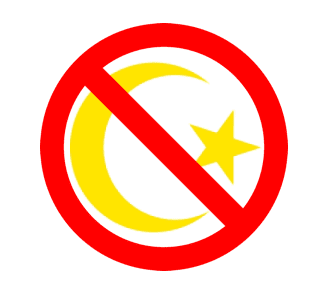Shadi Hamid, author and fellow at the Brookings Center, is one of my policy-geek heroes. His recent discussion about Islamism and secularism with noted atheist Sam Harris is absolutely worth your time. Recently, on Twitter, he shared 6 books from his bookshelf on Islam and Shari’a that he thinks are essential reading. I liked that idea so I decided to do my own version. Here are my picks for the essential Islam library in the Trump Age:
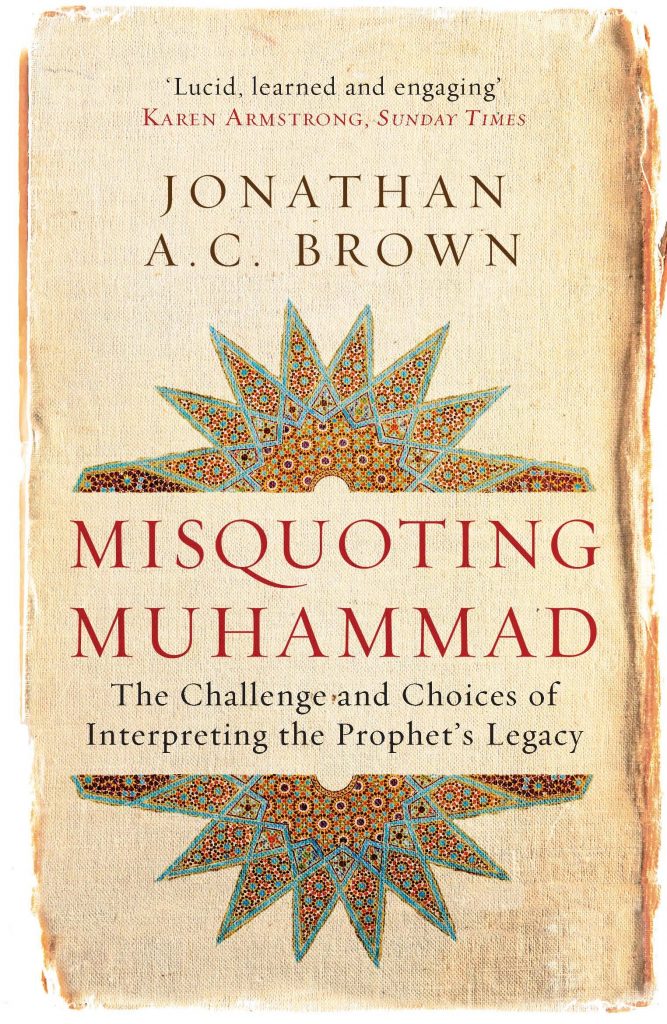
Misquoting Muhammad by Jonathan A.C. Brown is the book that Shadi suggests is the one he’d recommend to Trump’s transition team. I haven’t yet read it myself but it’s on my list, and I will review it here when I do.
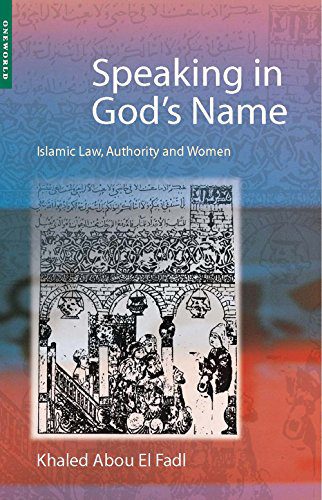
Speaking in God’s Name by Khaled Abou El Fadl is a really seminal work. It comprehensively deconstructs Islamic jurisprudence and helps educate the reader just how twisted and ahistorical the extreme interpretations of Islam are, that militant jihadists, Al Qaeda, and ISIS embrace.

Mullahs on the Mainframe by Jonah Blank is the first, and to my knowledge only, ethnography of my own religious community, the Dawoodi Bohras. Blank’s thesis is that Islam has room for religious orthodoxy (and orthopraxy) as well as modernity, and uses my community as detailed example of how both tradition and modernity can coexists in a living faith. The book is a bit dated, but the trends that Blank identified have only accelerated.
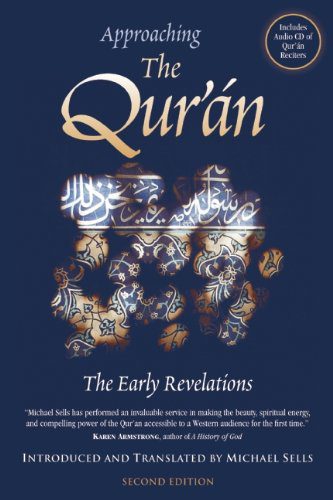
Approaching the Qur’an by Michael Sells is not a complete translation of the Qur’an, but limits itself to a few of the shorter, more accessible earlier revelations. These translations capture the spirit of the text rather than the literal letter. They are a starting point for understanding the Qur’an as a living soundscape rather than just a static text. There’s no better way to begin learning about the Qur’an than this.
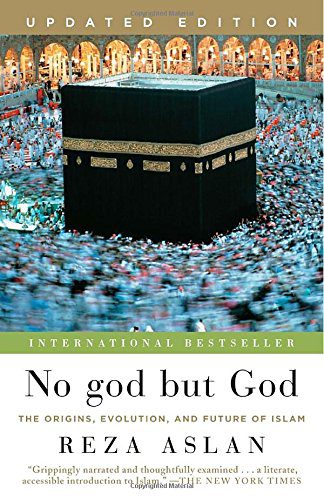
No god but God by Reza Aslan is the story of the founding of Islam, as well as what came before. It puts the story of the Prophet SAW into a rare historical context, and treats the topic with both a rigorous academic seriousness as well as with the respect of a believer.
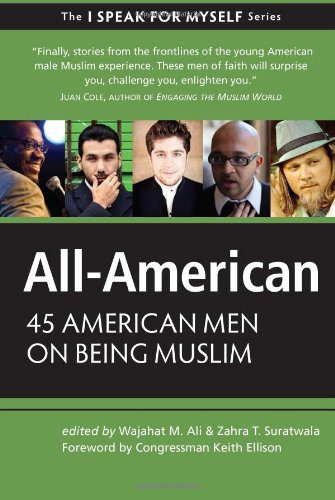
I Speak for Myself: All-America edited by Wajahat Ali and my sister, Zahra Suratwala, is a collection of essays by American, Muslim men about our proud identity as Men, Muslims and Americans. With a foreword by Muslim Congressman Keith Ellison, it is essential reading. And I’m not just saying that because my sister is co-editor, or because I have an essay in the book myself!
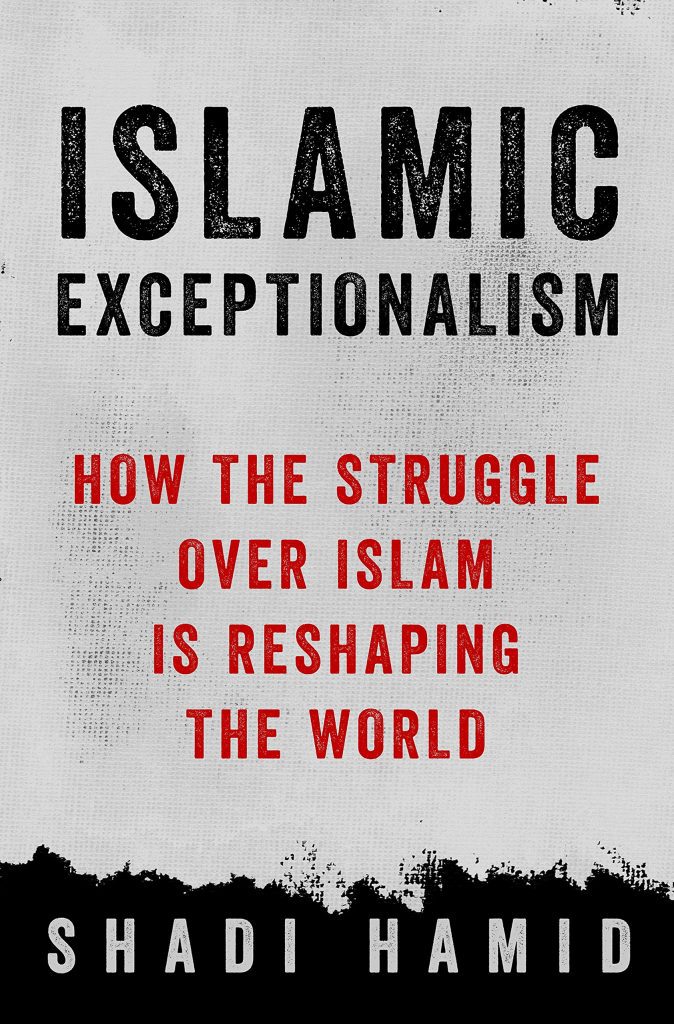
And finally, Islamic Exceptionalism by Shadi Hamid, inexplicably missing from his favorites list! He has graciously sent me a review copy which I’ll finally make some time for during the holidays. Shadi argues that Islam is truly exceptional in a political sense, and requires a new understanding of the nature and purpose of the nation-state and foreign policy.
Taken together, I think that the books above provide a balanced view of Islam as a faith and Muslims as a people, and demystifies some of the aura around Islam as an unknowable Other. This is exactly the kind of understanding that is critical as we enter the age of Trump, fueled by Islamophobia and fear. Civil rights at home as well as human rights abroad all hinge on how we as a nation and as a people act in the years to come.
Related: Shadi’s other picks are also worth checking out:
- Shari’a: Theory, Practice, Transformations by Wael B. Hallaq
- Islam and Liberal Citizenship by Andrew F. March
- What Is Islam?: The Importance of Being Islamic by Shahab Ahmed
- Religious Difference in a Secular Age: A Minority Report by Saba Mahmood
